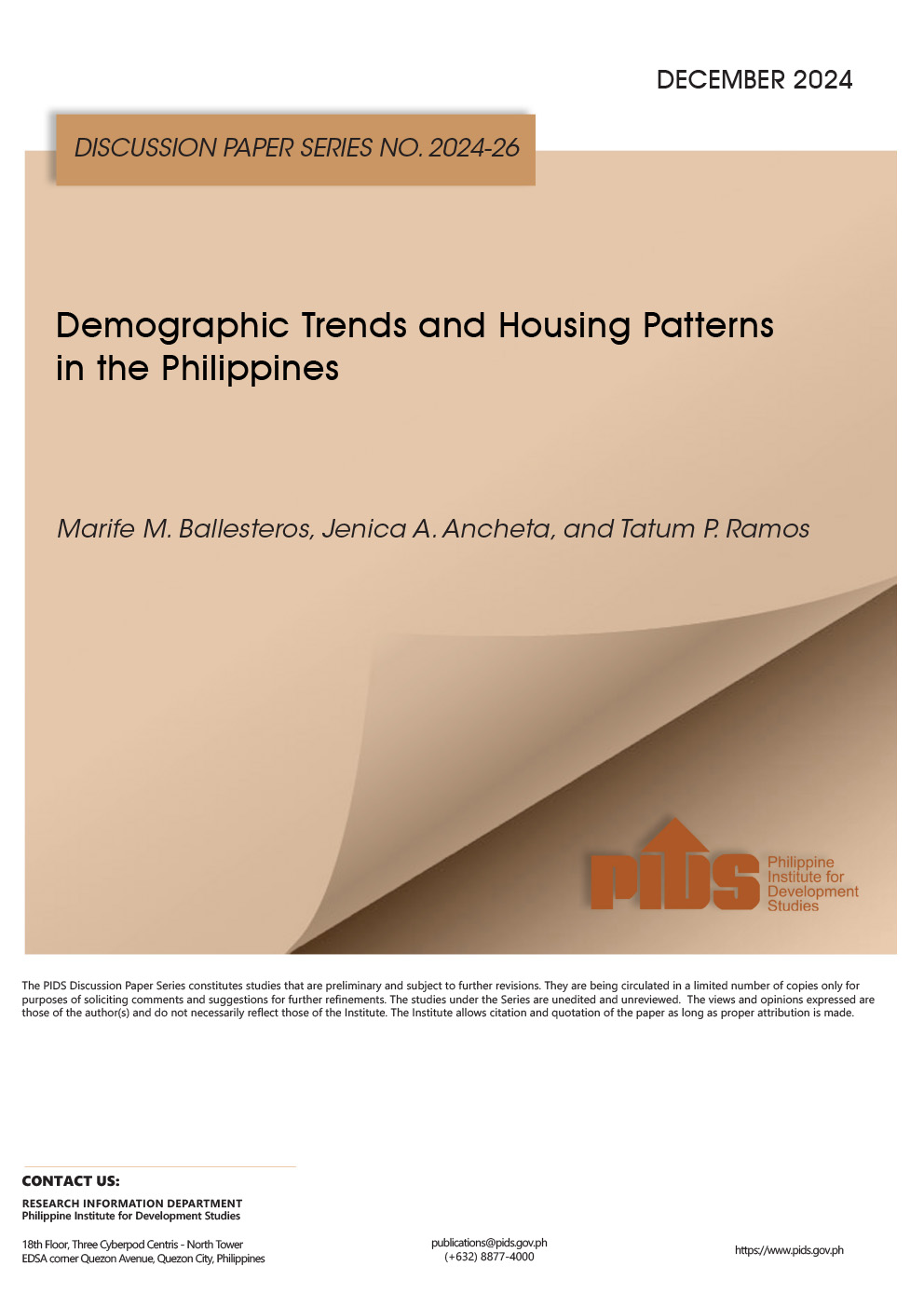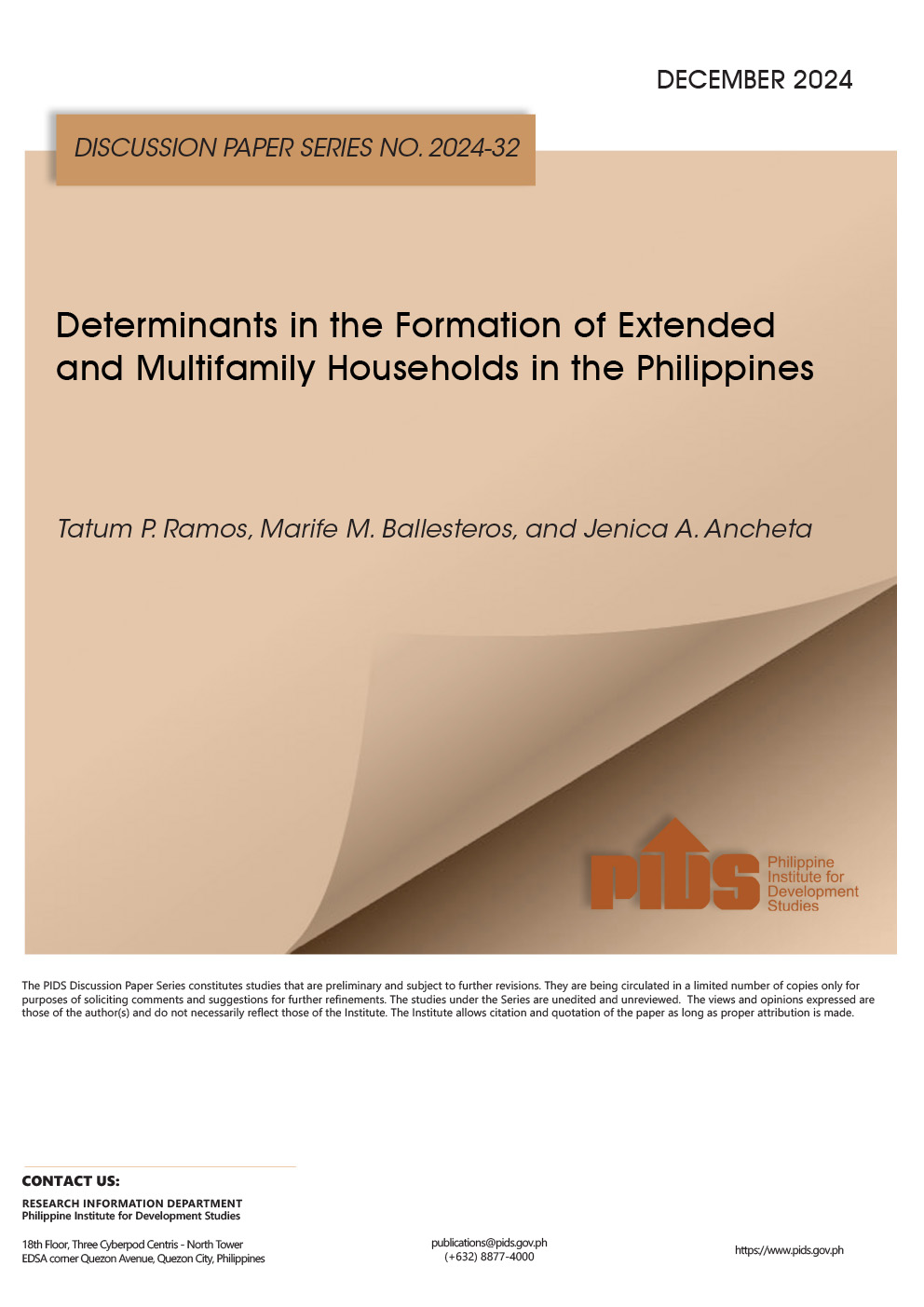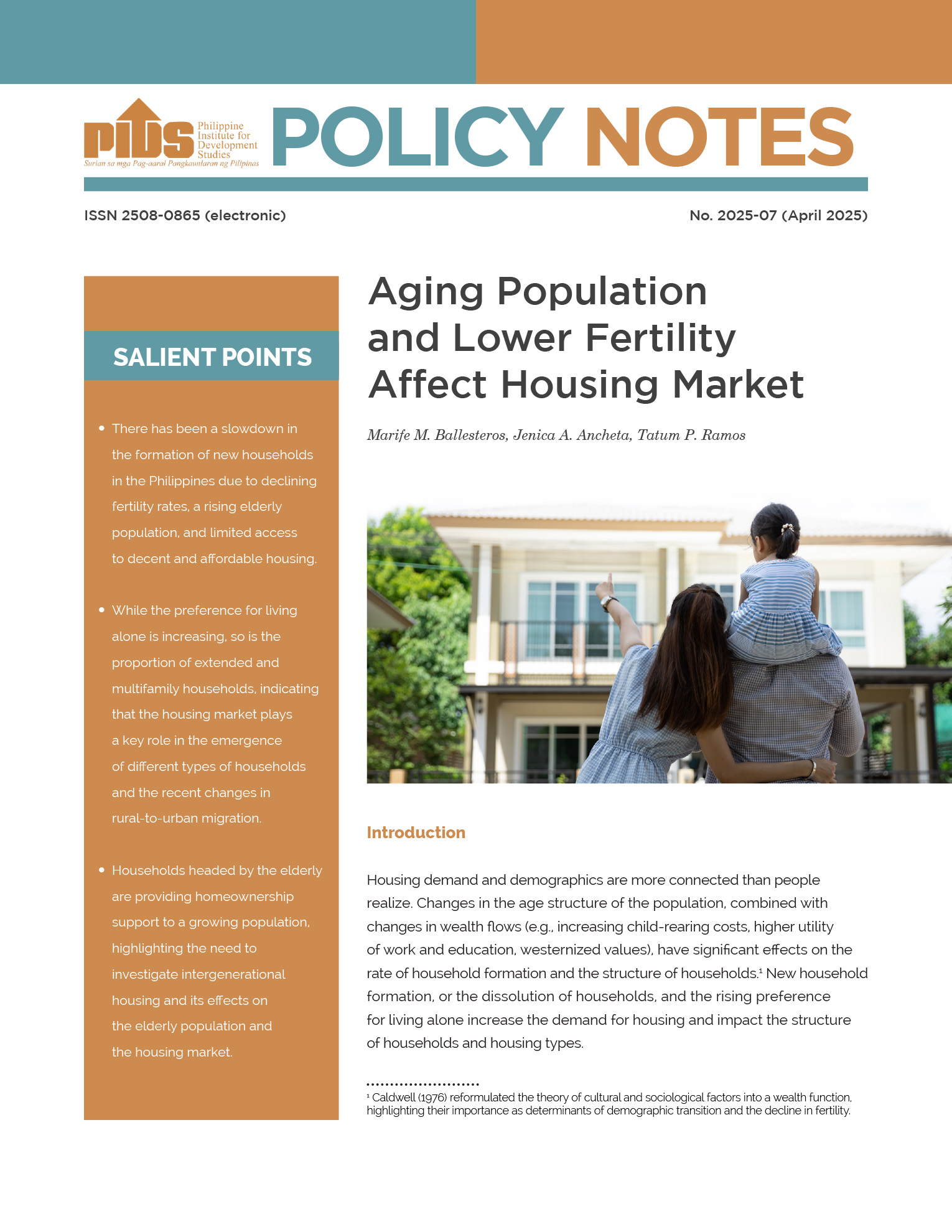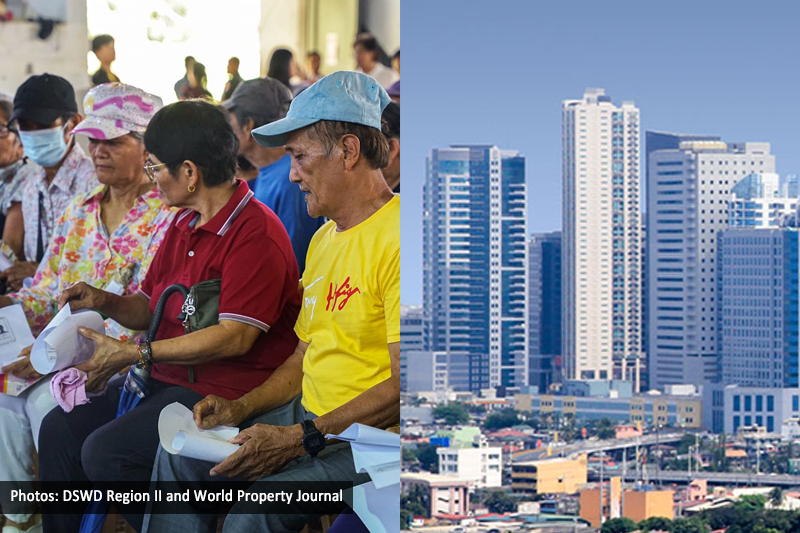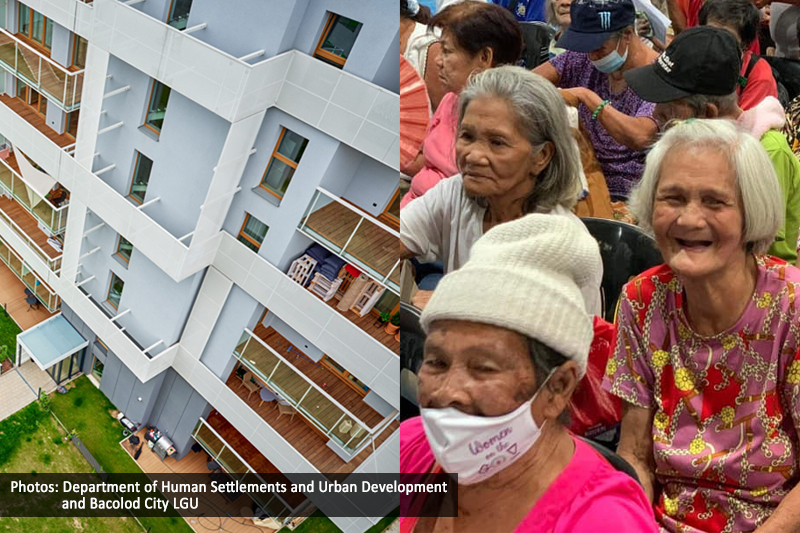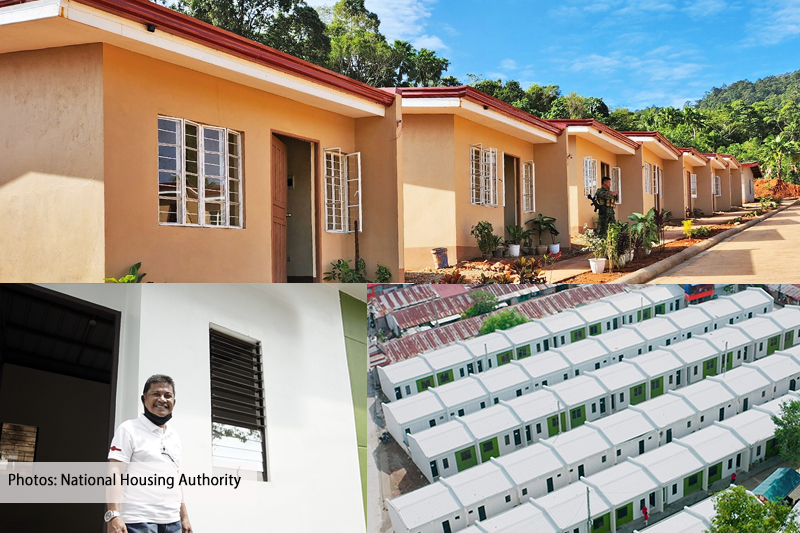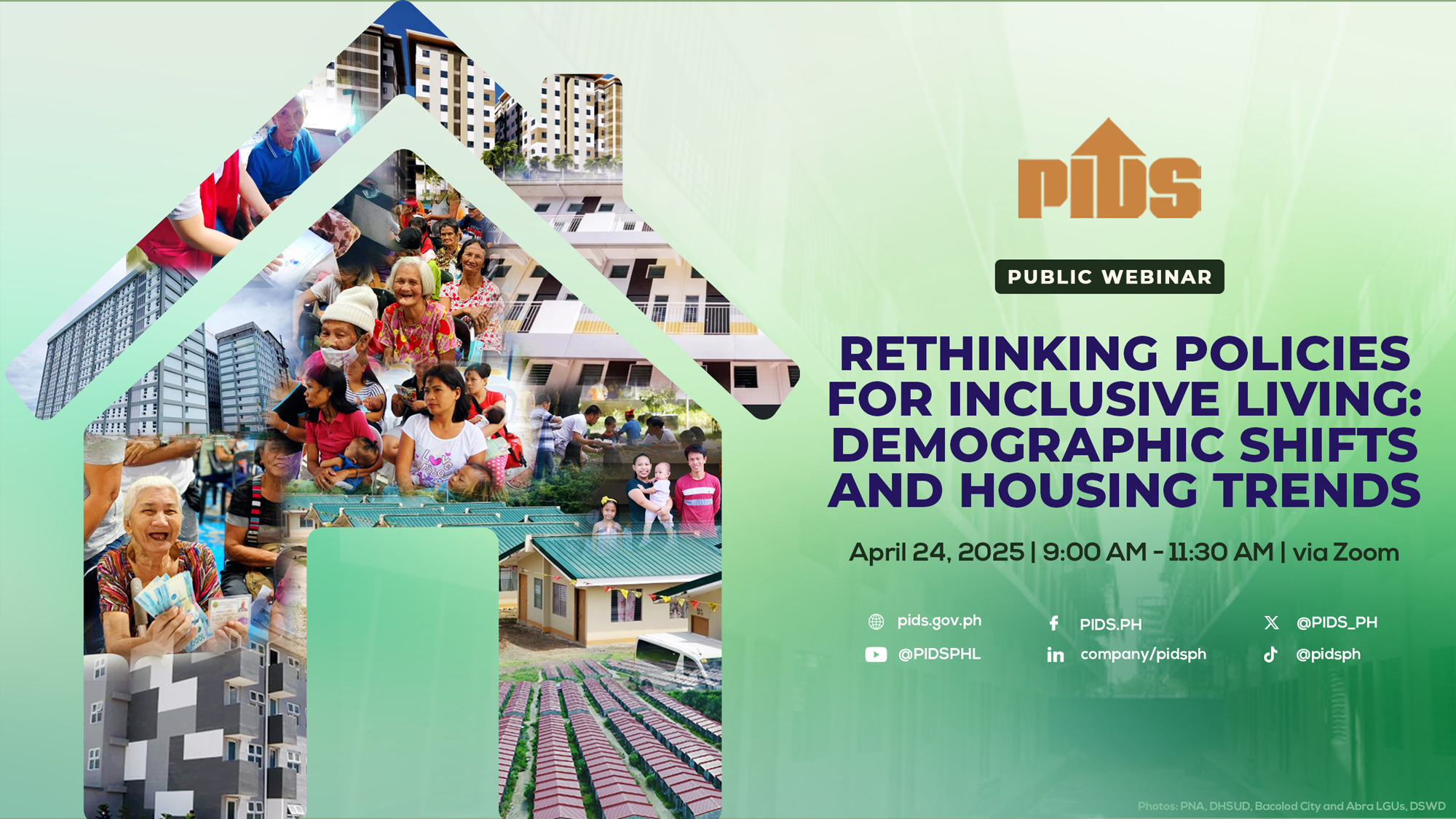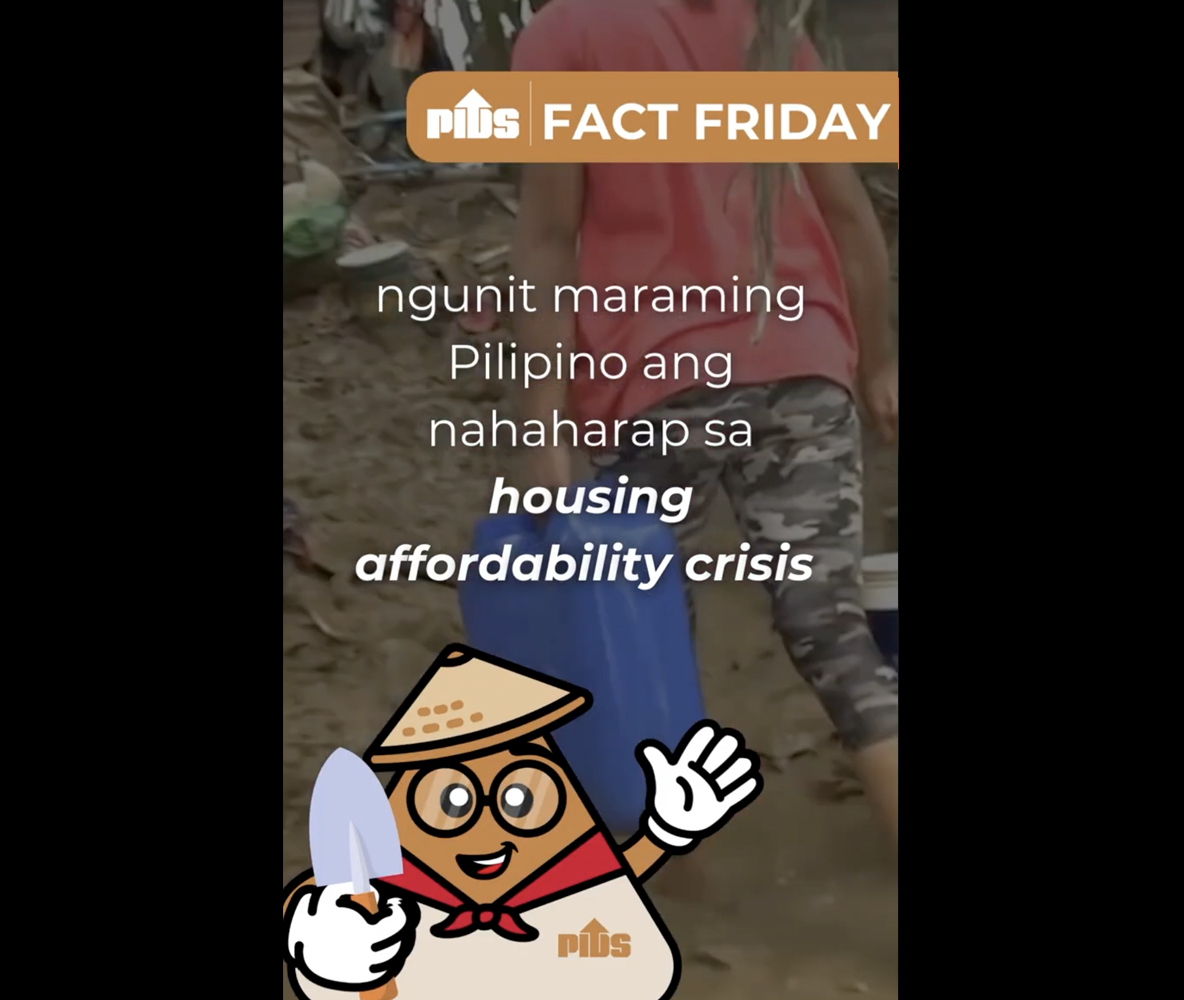National Housing Authority (NHA) General Manager Joeben Tai early last week rolled out a trifecta of transformative initiatives to mark the agency’s 50th anniversary—composed of financial relief, food security, and bringing Kadiwa stores to NHA community.
He also expressed housing targets to uplift half million informal settlers with socialized homes.
Parkstone Estates in Naic Cavite is one of NHA’s housing projects implemented for informal settler families (ISFs) affected by Supreme Court Mandamus to rehabilitate Manila Bay, ISFs living along danger areas and families affected by government infrastructure projects.
“This is our legacy moment,” declared Tai before a packed audience at the Pandesal Forum. “Fifty years ago, the NHA was born from a dream to shelter the nation. Today, we reignite that dream with compassion, innovation, and urgency.”
Tai said the NHA’s P3.7 billion condonation program—the largest in its history—will erase 100 percent of penalties and 95 percent of unpaid interest for delinquent housing loans, offering relief to approximately 220,000 struggling families from May 1 to October 31, 2025.
“Life’s storms—economic crises, emergencies—have left many drowning in debt. They refuse to let hardworking Filipinos lose their homes over interest. This condonation is their lifeline: a chance to rebuild without the weight of the past,” Tai pointed out.
National General Manager Joeben Tai
The initiative aims to recover unpaid principal amounts to fund future housing projects while granting distressed families revised payment terms. “This is not charity,” Tai stressed. “It’s justice.”
In partnership with the Department of Agriculture, the NHA will launch Kadiwa stores in resettlement sites across Regions 3 and 4 by May 2025, slashing middlemen to connect farmers directly with consumers. Simultaneously, subsidized rice at P33 per kilogram—up to 50 kilos per family—will be sold at NHA sites to combat food insecurity.
“A home has more than four walls. It’s access to affordable food, dignity, and community. With Kadiwa stores, families save, farmers thrive, and our settlements become hubs of hope.”
Tai said the program is anchored on President Ferdinand Marcos Jr.’s “Kadiwa ng Pangulo” initiative, to boost his Bagong Pilipinas agenda.
Tai is hopeful of providing 500,000 informal settler families homes while issuing a provocative challenge to private developers: “Please reduce condo prices by 50 percent—because you can still profit, so that we can help ease the condominium glut situation.”
A studio unit priced at P6 million can sell for P3 million. “Developers will still gain. Empty towers help no one. Let’s make condos more affordable.”
Tai paid tribute to 94-year-old former First Lady Imelda Romualdez Marcos, who is credited for establishing the NHA. He also thanked Senator Imee Marcos and former Congressman Francisco Benitez for championing legislation to modernize the NHA’s new charter, calling it “the blueprint for our next 50 years.”
He said the reforms align with President Marcos’ push for a *Bagong Pilipinas, though skeptics question funding logistics and developer cooperation. Tai, however, remains undaunted: “To those who doubt: Visit our sites. Speak to our beneficiary families.”
A lingering problem
Government think tank Philippine Institute for Development Studies (PIDS) pointed out that housing accessibility continues to be a serious problem over the past decades, affecting both low-income families and the middle class. Exacerbating the problem was house prices have surged while increase in wages have been laggard which has compounded the affordability problem manifested in the country’s persistent informal settlements, homelessness, congestion, and high costs of travel to places of jobs and livelihood.
It said that a typical Filipino family is experiencing a huge challenge in buying a house on the market, even when assuming the provision of a lump sum amount or a downpayment of 10 to 20 percent of the housing price.Moreover, the scenario is happening in highly urbanized locations like Metro Manila and urban areas of Cebu and Davao del Sur.
Meanwhile, PIDS researchers Marife M. Ballesteros, Tatum P. Ramos, and Jenica A. Ancheta noted in their study called “Measuring Housing Affordability in the Philippines” urged an overhaul of policy reform of the housing program for the poor and vulnerable sectors because “the government’s primary concern for this sector should be moving the poor and vulnerable households from impoverished housing for these families to gain resilience and improve their productivity.”
The study emphasized the need for policy reforms to address the housing affordability problem to address housing market distortions. Further, the authors urged government to investigate the relationship between income inequality and housing access in the Philippines. “An increase in income inequality is expected to lead to housing inequality, as higher-income households tend to drive increased demand for quality housing and consequently raise prices. Additional policy reforms will be necessary if such a relationships significantly exist in the country.”

